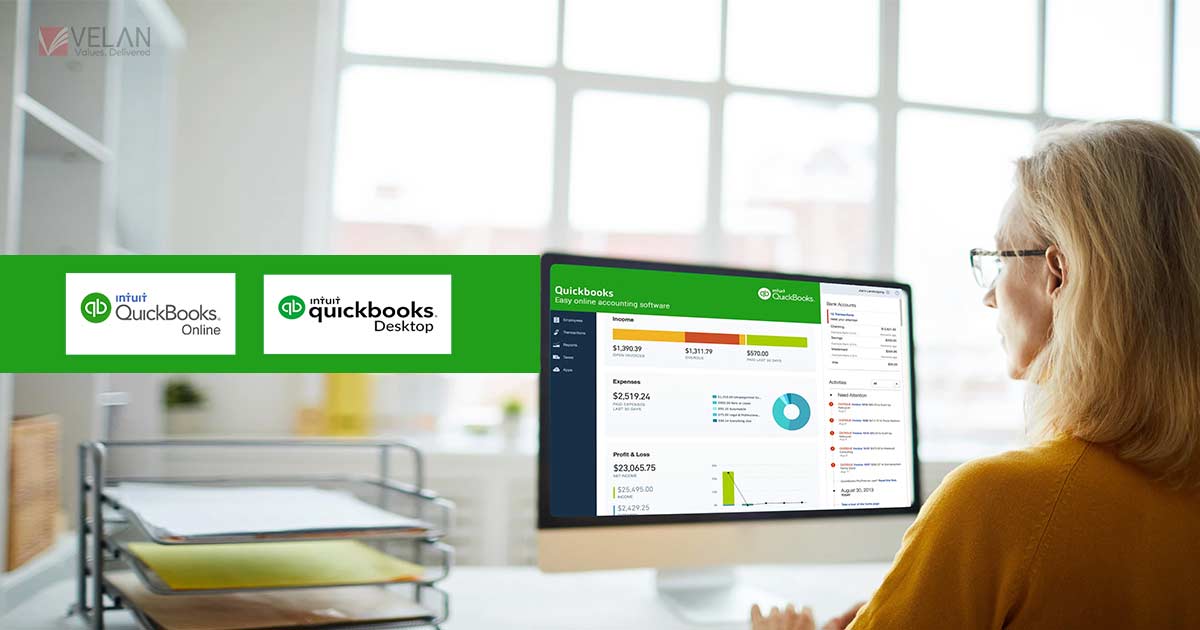Posted by: Pramod
July 24, 2024

Category: Accounting
The Best Virtual Bookkeeper Assistant for QuickBooks Accountants The right tool helps accounting professionals offer deeper insights and manage their clients’s books more effectively. According to Thomson Data, 92,000 organizations worldwide use QuickBooks for their accounting and payroll needs. If you are new to QuickBooks, this blog is for you. It will describe everything about it, including its major features and advantages. It also shows who can use it. Table of Contents What does QuickBooks Read More
Posted by: Pramod
July 19, 2024

Category: Accounting
To thrive, a restaurant must stay on top of its metrics. Restaurants have tight profit margins. As a result, you must exercise extreme caution with your finances. This is where restaurant accounting services come in. Food sales are crucial to the restaurant business. Increasing sales takes priority over everything else. Efficiency is especially important at busy times, such as peak hours. This is why many restaurants choose to outsource tasks such as bookkeeping. This guarantees Read More
Posted by: Pramod
June 21, 2024

Category: Accounting
The basis of a successful and financially secure company is efficient accounting. Balanced books allow you to take advantage of expansion possibilities and run your company within its means. Precise financial reporting, planning, and forecasting are essential to the success of your company. Still, in the current digital era, there is a huge need for virtual accounting solutions. It is among the affordable options for companies just like yours to manage their money and excel. Read More
Posted by: Pramod
June 12, 2024

Category: Accounting
Online accounting and telecommuting are quickly becoming apparent benefits for companies of all sizes. To facilitate smooth collaboration across geographical boundaries, accountants are integrating cloud-based solutions into their operations, and small firms are embracing remote work. Many business owners look for remote expert assistance because their accounting team lacks certain understanding. Large companies that are also expanding their remote workforce are demonstrating the scalability and flexibility of remote accounting services. A survey indicates that, since Read More
Posted by: Pramod
May 21, 2024

Category: Accounting
Outsourced accounting occurs when a business hires a third party (outside the corporation) to perform the organization’s accounting and financial functions. Why do startups prefer Outsourced Accounting? Starting a firm necessitates continuous attention to all facets of the organization, including financing. Accounting and bookkeeping are critical components of every successful business plan, but startups require internal assistance in managing these activities. Outsourced accounting is a novel approach that several entrepreneurs have recently adopted. In this Read More

 +1 727 756 1632
+1 727 756 1632 reachus@velan-bookkeeping.com
reachus@velan-bookkeeping.com